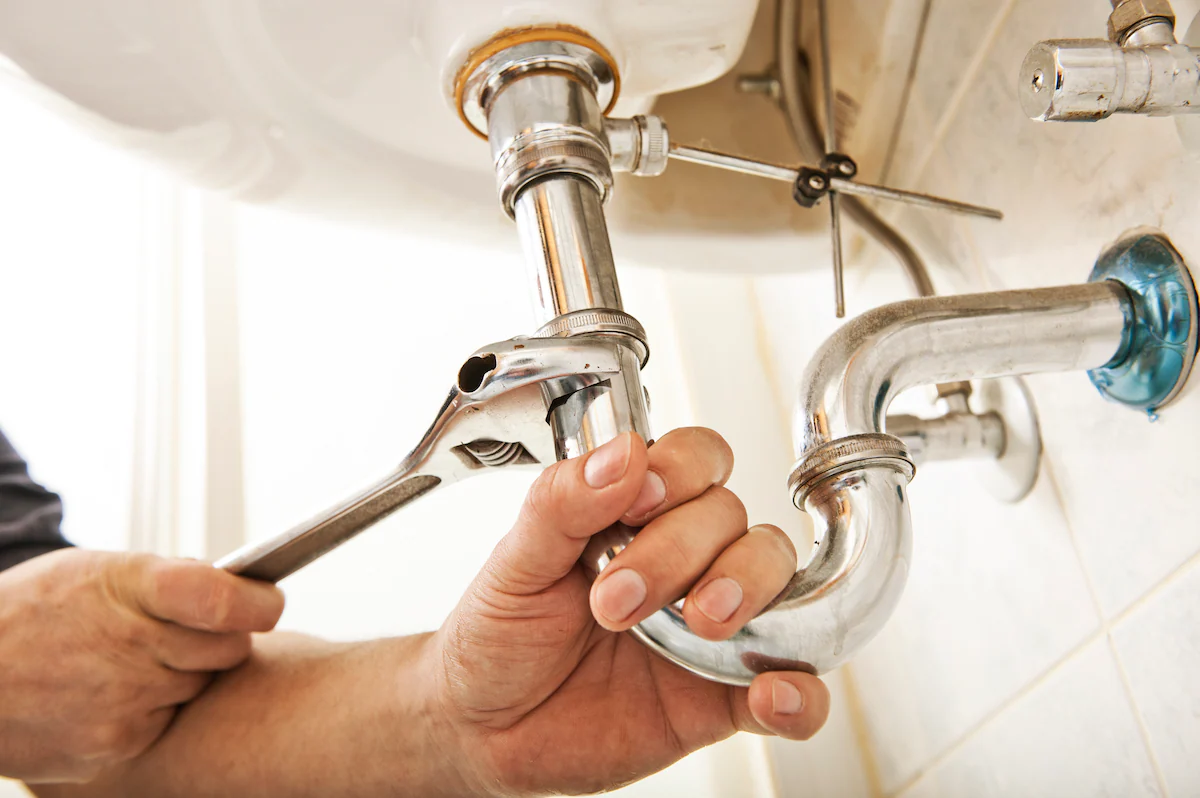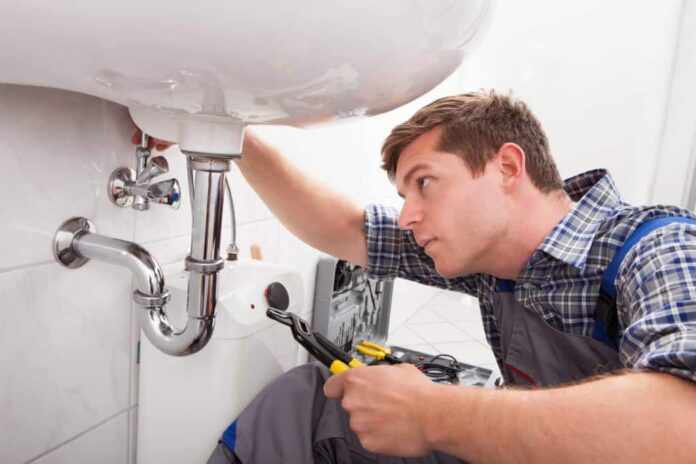Contents
Introduction
Plumbing maintenance is an integral part of any household or commercial establishment, yet it often goes unnoticed until something goes wrong. Many people tend to overlook regular maintenance, only calling a plumber when a crisis arises. However, proactive maintenance can prevent emergencies and save you from costly repairs. In this blog post, we’ll explore the importance of regular plumbing maintenance and discuss when it’s the right time to call a plumber for preventive measures.
Why Regular Plumbing Maintenance Matters
Before delving into when to call a plumber for maintenance, let’s understand why regular upkeep of your plumbing system is crucial. Just like any other system in your home or building, plumbing requires attention and care to function efficiently. Neglecting maintenance can lead to a range of issues, including leaks, clogs, water damage, and even health hazards due to mold and mildew growth. Understanding your plumbing is crucial to discerning when is the opportune moment to summon maintenance services for your plumbing system.
Regular maintenance helps identify small problems before they escalate into major issues. It involves inspecting your pipes, fixtures, and appliances for signs of wear and tear, corrosion, or leaks. Additionally, routine maintenance can improve the lifespan of your plumbing system and save you money in the long run by preventing costly repairs or replacements.

When to Call a Plumber for Maintenance
Annual Inspections
Just like you schedule annual check-ups for your health, it’s essential to have an annual plumbing inspection. A professional plumber can assess the condition of your pipes, water heater, faucets, and other components to ensure everything is in working order. They can also identify any potential problems early on and recommend necessary repairs or replacements.
Slow Drains
If you notice water draining slowly in your sinks, tubs, or showers, it could indicate a clog building up in your pipes. While minor clogs can often be cleared with DIY methods, persistent or recurring issues may require professional attention. Calling a plumber to inspect and clear the blockage can prevent more severe backups or damage to your plumbing system.
Water Pressure Problems
Low water pressure can be a frustrating issue that affects your daily activities, such as showering or washing dishes. It may indicate various underlying problems, such as mineral buildup, leaks, or issues with your water supply line. A plumber can diagnose the cause of low water pressure and recommend the appropriate solution, whether it’s cleaning the pipes or repairing damaged components.
Water Heater Maintenance
Your water heater plays a crucial role in providing hot water for showers, laundry, and other household tasks. Over time, sediment buildup can reduce its efficiency and lead to malfunctions or leaks. Calling a plumber for water heater maintenance, such as flushing the tank and inspecting the heating elements, can extend its lifespan and ensure optimal performance.
Visible Leaks
Any signs of water leakage should prompt immediate action to prevent water damage and mold growth. Whether it’s a dripping faucet, a puddle under the sink, or water stains on walls or ceilings, calling a plumber to locate and repair the leak is essential. Ignoring leaks can result in structural damage and costly repairs down the line.
Conclusion
Regular plumbing maintenance is essential for preserving the integrity of your plumbing system and avoiding emergencies. Knowing when to call a plumber for maintenance can help you address issues proactively and prevent costly repairs or replacements. Whether it’s scheduling annual inspections, clearing clogged drains, or repairing leaks, investing in preventive maintenance can save you time, money, and hassle in the long run. Don’t wait until a plumbing crisis strikes—take proactive steps to keep your plumbing system in top condition.



